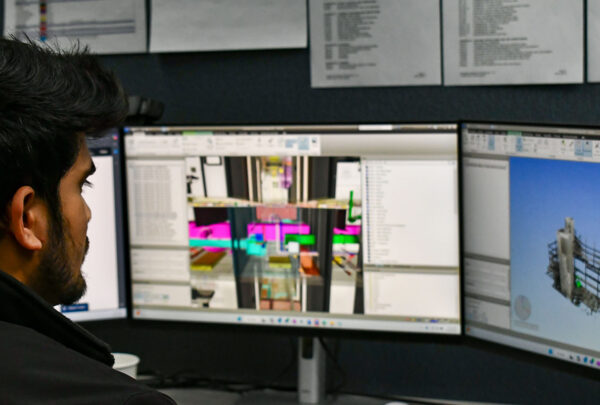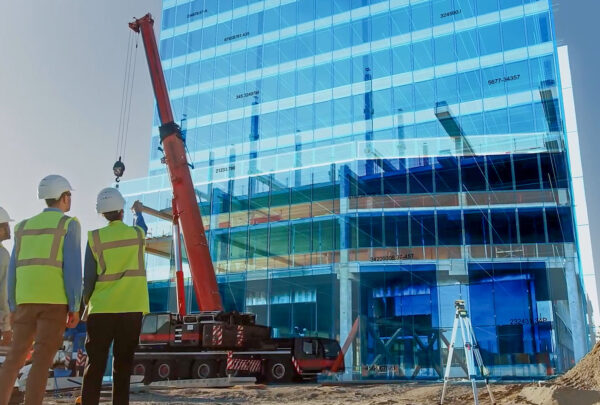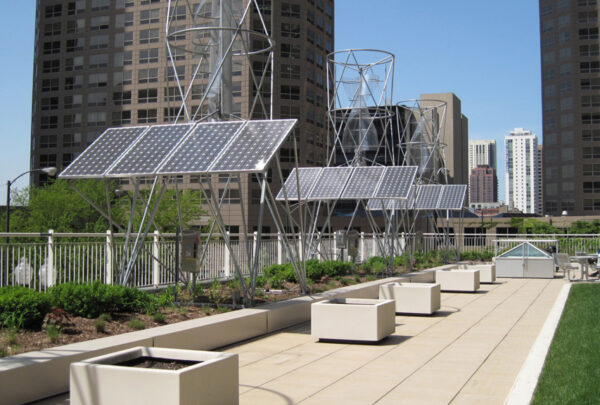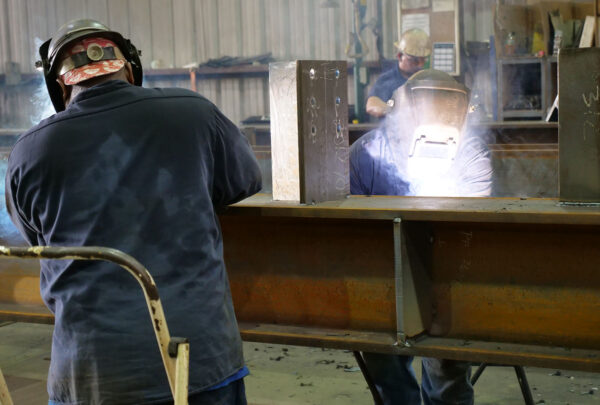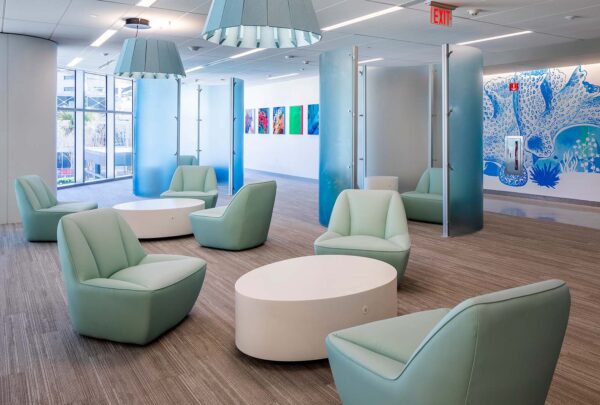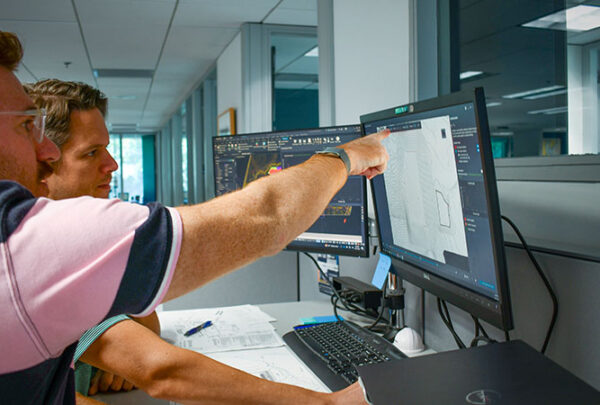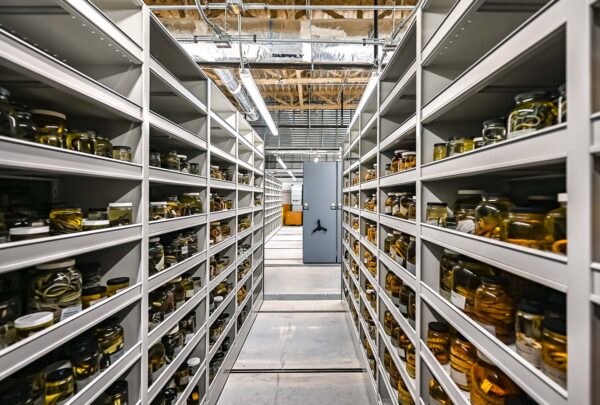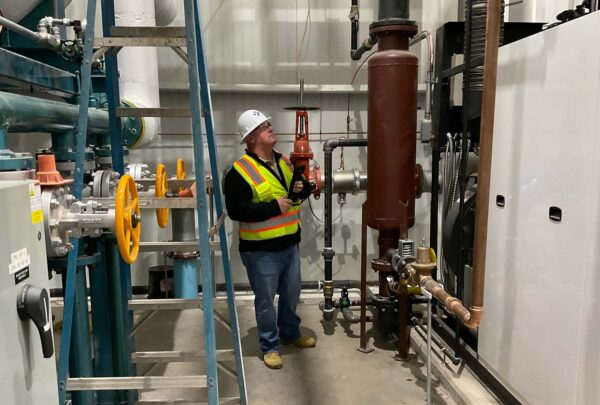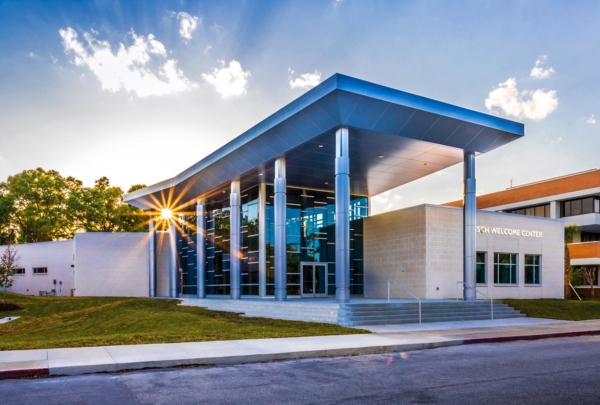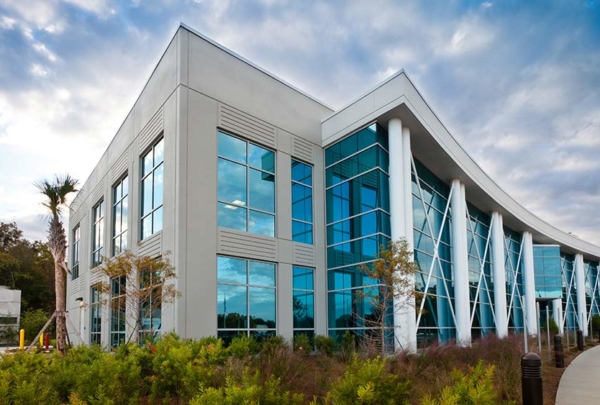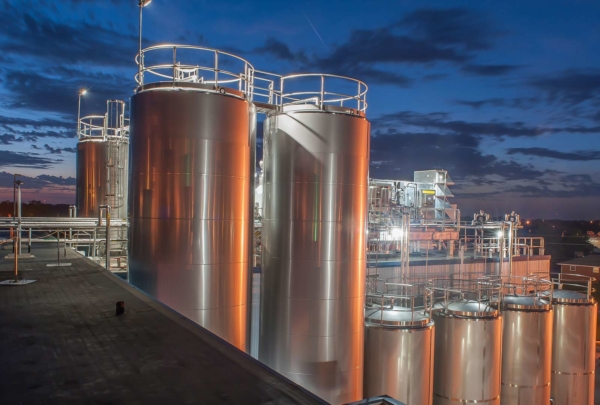Life sciences manufacturing facilities are complex environments requiring stringent processes and controls to ensure adherence to Current Good Manufacturing Practices (cGMPs). Cleanroom spaces, which are controlled environments designed to prevent contamination during production, are a critical aspect of these facilities.
For many of our life sciences clients, these cGMP manufacturing spaces represent an opportunity to translate their corporate mission and vision into a physical aesthetic; this often takes the form of large open-view, glass-enclosed spaces and visually impressive work areas. While cleanrooms play a pivotal role in ensuring product safety and efficacy and providing a physical brand aesthetic, there are operational and cost benefits to reducing the amount of cleanroom space in a life sciences manufacturing facility.
This article explores the benefits of optimizing cleanroom space to deliver cost savings, increased flexibility and enhanced sustainability in your facility.
Cost Savings
The most significant operational benefit of reducing cleanroom space is cost savings. Cleanrooms are expensive to build, operate and maintain. Cleanrooms are the most expensive areas to construct on a square-foot basis because they require specialized materials and construction methods to ensure cleanability.
Operationally, they require a disproportionately large percentage of a facility’s utilities and energy to maintain the proper environmental conditions, such as high-volume airflow, significant heating, cooling and dehumidification and specialized zoning/isolation. HVAC can account for up to 80% of a typical facility’s energy expense, with a cleanroom using more energy (4x to 6x or higher) than a similarly sized general-purpose space.
Human labor is also a consideration, with most cGMP facilities requiring manual cleanings daily, if not more frequently, depending on the process. Add filters, gaskets and other consumables that regularly require changeouts, and cleanrooms become a heavy hitter in any facility’s ongoing operating expense.
By minimizing the cleanroom footprint, life sciences companies can save on initial construction costs for direct items such as the cleanroom itself. However, of greater benefit is the savings on ongoing indirect items for the facility's life. A smaller cleanroom requires less energy, fewer consumables and less labor. It is commensurately more manageable from a maintenance perspective because it allows more effective monitoring and preventive maintenance with a smaller staff.
Increased Flexibility
A smaller cleanroom footprint allows greater manufacturing flexibility. With the growing trend of smaller batch sizes for personalized medicines, cleanrooms do not need to be as large as with previous generations of products. The newer cell and gene therapy processes require smaller equipment for smaller product volumes, and manual tasks can be performed with fewer personnel.
Scaling the manufacturing space to match the process enables quicker changeovers between different product runs. There is also the potential to break larger cleanrooms into smaller independent zones to run multiple products concurrently. The trend toward smaller cleanrooms has also allowed these spaces to be effectively deployed in non-traditional spaces, such as converted office buildings and portable trailers.
Enhanced Sustainability
Sustainability is at the forefront of many organizations’ goals as they seek continuous improvements in their operations. Smaller cleanrooms consume fewer resources, reduce energy usage and produce less waste. This not only benefits the environment but also positions life science companies as responsible corporate citizens, delivering value to their shareholders in an ethical manner.
While cleanroom space is a critical element in life sciences manufacturing, reducing its footprint affords significant operational benefits. Cost savings, increased flexibility and enhanced sustainability all contribute to a more efficient and productive life sciences manufacturing environment. By carefully assessing their cleanroom needs and optimizing their facilities, life sciences companies can position themselves for success in a competitive industry while ensuring the safety and efficacy of their products.
Haskell’s team of life sciences professionals are well-versed in cleanroom design and construction and can help your organization plan and deliver the right-sized cleanroom to meet your needs. Our collaboration with industry-leading modular systems providers and innovative equipment vendors and our project experience with best-in-class clients give us a unique ability to creatively reduce our customer’s cleanroom footprint while maintaining their operational requirements. Please schedule a consultation to see what Haskell can do for you!
 About the author: Michael Asher brings over two decades of experience managing and executing complex design and construction projects in the life sciences sector, focusing on cell and gene therapies, biopharmaceuticals and vaccines. His unique perspectives stem from serving in various project engineering and management roles on both the client and AEPCM sides of the industry. He holds a Bachelor of Science Degree in Chemical Engineering from Washington University in St. Louis, and he is a credentialed Project Management Professional (PMP) and a Certified Project Manager (CPM).
About the author: Michael Asher brings over two decades of experience managing and executing complex design and construction projects in the life sciences sector, focusing on cell and gene therapies, biopharmaceuticals and vaccines. His unique perspectives stem from serving in various project engineering and management roles on both the client and AEPCM sides of the industry. He holds a Bachelor of Science Degree in Chemical Engineering from Washington University in St. Louis, and he is a credentialed Project Management Professional (PMP) and a Certified Project Manager (CPM).

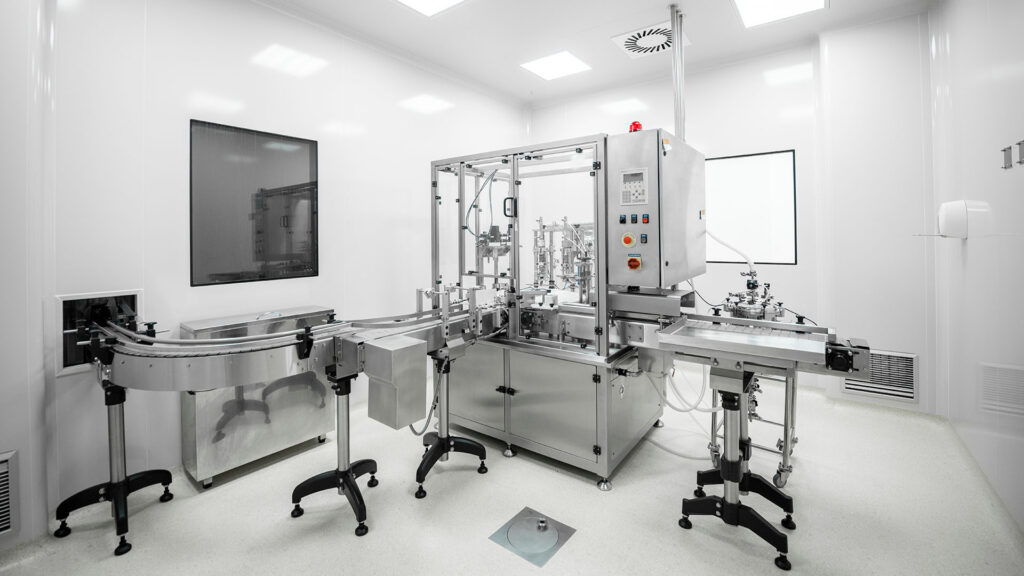
 About the author: Michael Asher brings over two decades of experience managing and executing complex design and construction projects in the life sciences sector, focusing on cell and gene therapies, biopharmaceuticals and vaccines. His unique perspectives stem from serving in various project engineering and management roles on both the client and AEPCM sides of the industry. He holds a Bachelor of Science Degree in Chemical Engineering from Washington University in St. Louis, and he is a credentialed Project Management Professional (PMP) and a Certified Project Manager (CPM).
About the author: Michael Asher brings over two decades of experience managing and executing complex design and construction projects in the life sciences sector, focusing on cell and gene therapies, biopharmaceuticals and vaccines. His unique perspectives stem from serving in various project engineering and management roles on both the client and AEPCM sides of the industry. He holds a Bachelor of Science Degree in Chemical Engineering from Washington University in St. Louis, and he is a credentialed Project Management Professional (PMP) and a Certified Project Manager (CPM).
